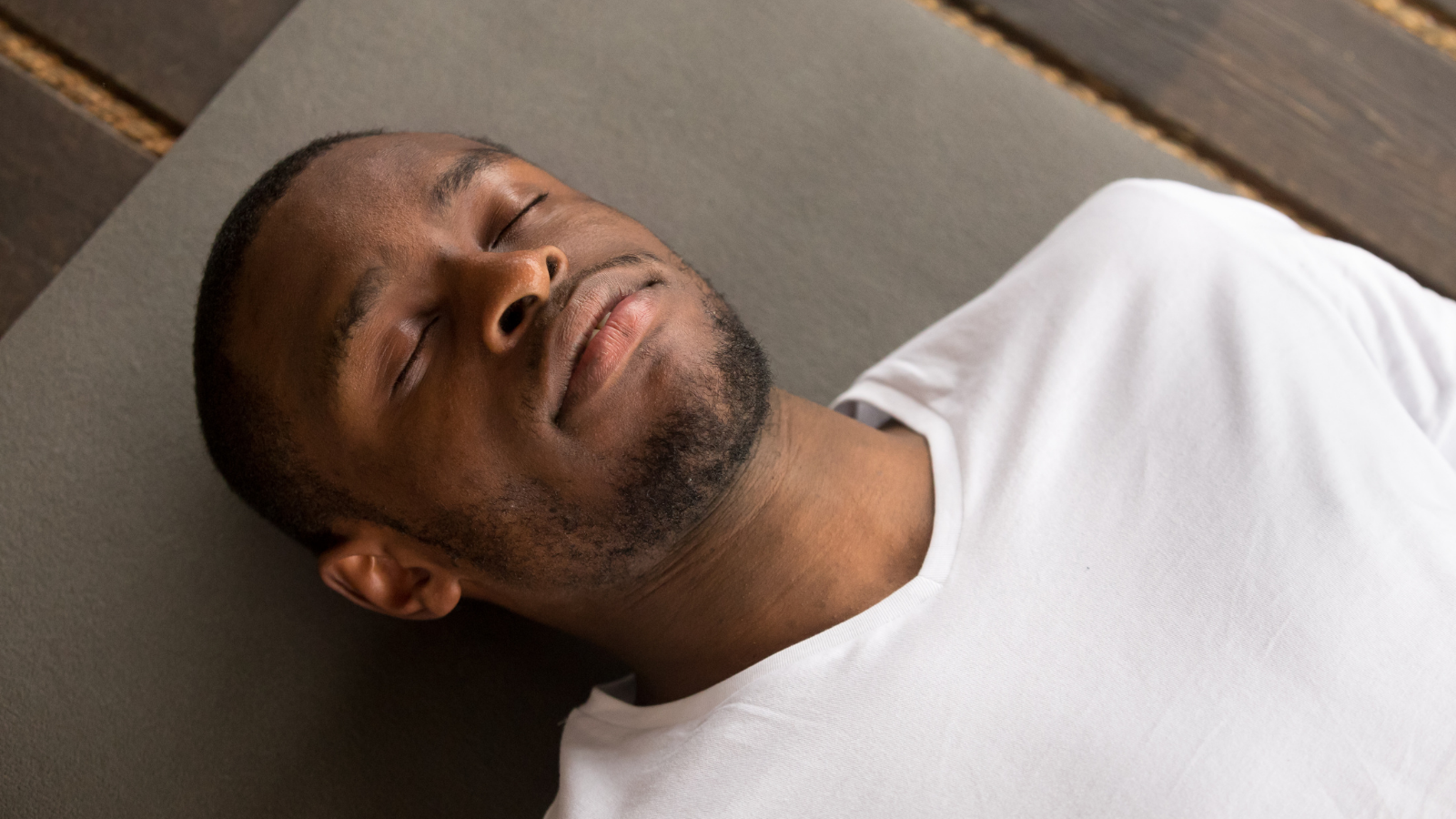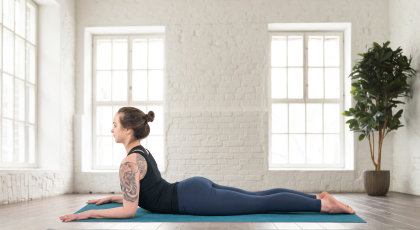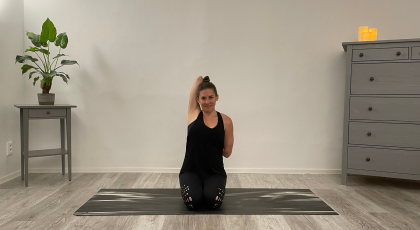View basket (0 items $0.00)
Error message
- Notice: unserialize(): Error at offset 5 of 154 bytes in variable_initialize() (line 1202 of /home/dh_6hcdc2/yogau.online/docroot/includes/bootstrap.inc).
- The file could not be created.
- The file could not be created.

The Power of Polyvagal Theory: When It Doesn’t Work to Just Breathe
It’s a simple mantra: Just breathe. And it can help get you through plenty of stressful situations by calming you down. But it’s not always the best advice. Don’t get us wrong, we are all about using breath as medicine. Sometimes, though, it’s not the right medicine at that time. It all depends on if your autonomic nervous system is stuck in a polyvagal state. There are three: rest and digest (social and safe), fight or flight (mobilization), or freeze mode (immobilization), and not being able to move freely among the three can pose challenges.
In the latter two polyvagal states, breathing can feel stressful and create more anxiety. These feelings can arrive from genuine joy, anger, or fear due to real-life situations. (More commonly, immobilization is brought on by major trauma, or repetitive microtraumas.) But they can also arrive as perceptions from smaller threats. For example, a constant incoming barrage of emails, deadlines, bills, relationship stress. These can create a fight/flight or freeze response in our nervous system.
When we’re in this space, can we just breathe to up-or down-regulate and come back to our rest-and-digest state? Usually not. That’s not how the body and mind work. That’s not the point of these physiological states.
It’s in these instances that a combination of a few other things should happen first before we can reap the benefits of breath.

Yoga Practice for When It Doesn’t Work to Just Breathe
-
First, you have to do something to get your nervous system out of the mobilization or immobilization polyvagal states. Maybe it’s punching a bag or performing Sun Salutations (Surya Namaskar) while blasting upbeat music to create that energetic discharge if you’re experiencing feelings of fight or flight. From freeze mode, think safety first. Listen to comforting voices. Relocate to a space that feels safe. Stimulate the vagus nerve by singing, chanting, or humming. Really, anything that can break the cycle of perceived threat will work.

-
Body scan meditations are another way to get out of your head and into the present moment when you’re feeling immobilized. If you’ve experienced physical, emotional, or sexual trauma, they can be charged with responses from your trauma. In those cases, we’d recommend consulting with your doctor or a therapist to discuss a supportive approach first.
-
After you’ve returned to your rest-and-digest state, foster this sense of security through managing the fear, stress, and anxiety. Try making a plan, or goals, or talking to someone who can help you. Usually, it’s not until after these two actions are complete that we can restore the breath, and that two-word mantra, “just breathe,” can really work its magic.
Reprinted with permission from ThreesPhysiyoga.com

Diana Zotos Florio is a physical therapist, yoga teacher, certified strength and conditioning specialist, mother of three, and the cofounder of Threes Physiyoga Method. A constant mover, she loves all forms of exercise and considers movement to truly be medicine.
Prior to founding TPM, Diana spent seven years working as a physical therapist at the Hospital for Special Surgery treating anyone from inpatient joint replacement patients to professional marathon runners. She’s been practicing yoga for over 20 years and has always treated her patients through the lens of yoga. Diana completed yoga teacher training at OM Yoga in NYC in 2010.
Featured Courses









